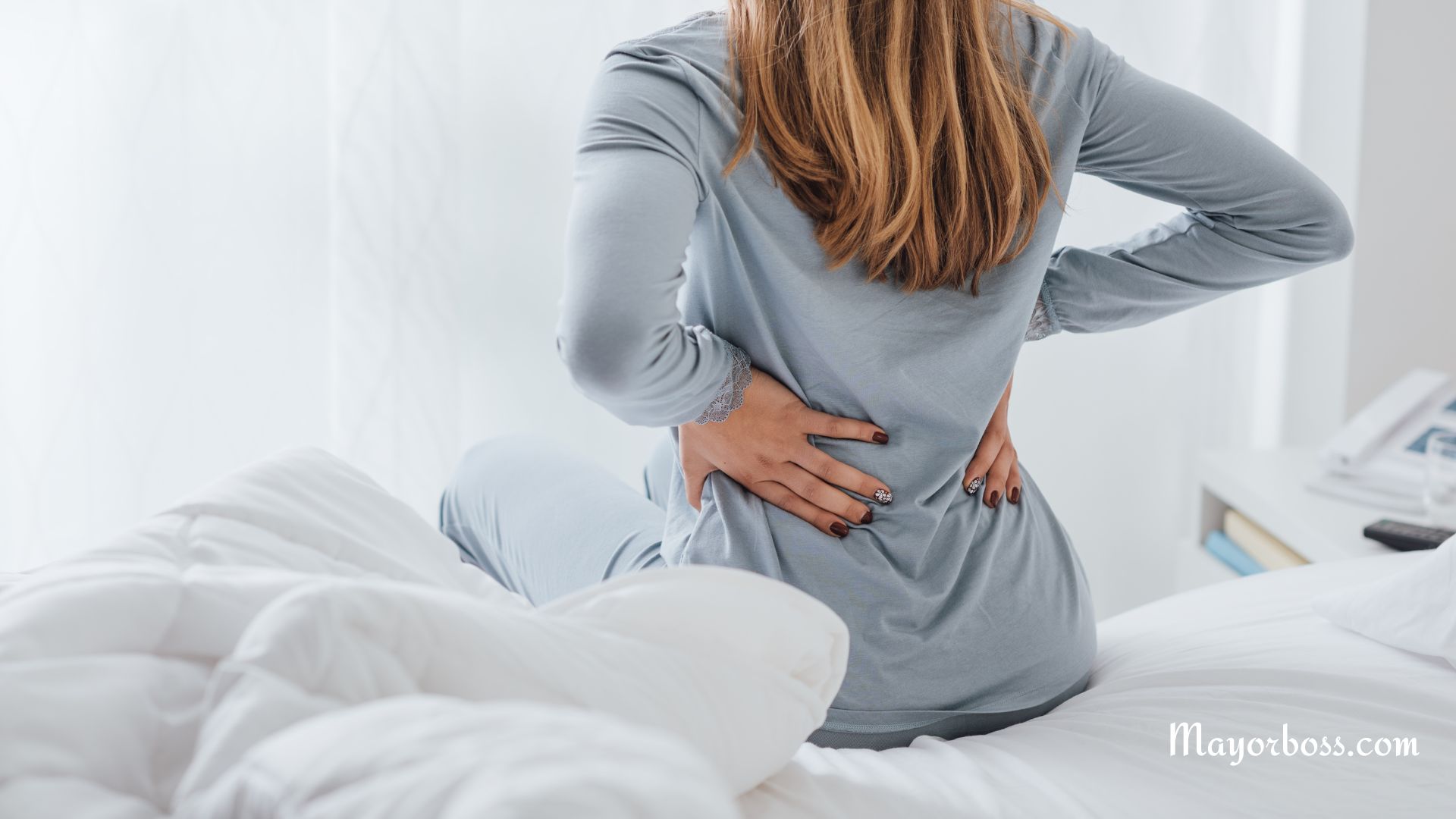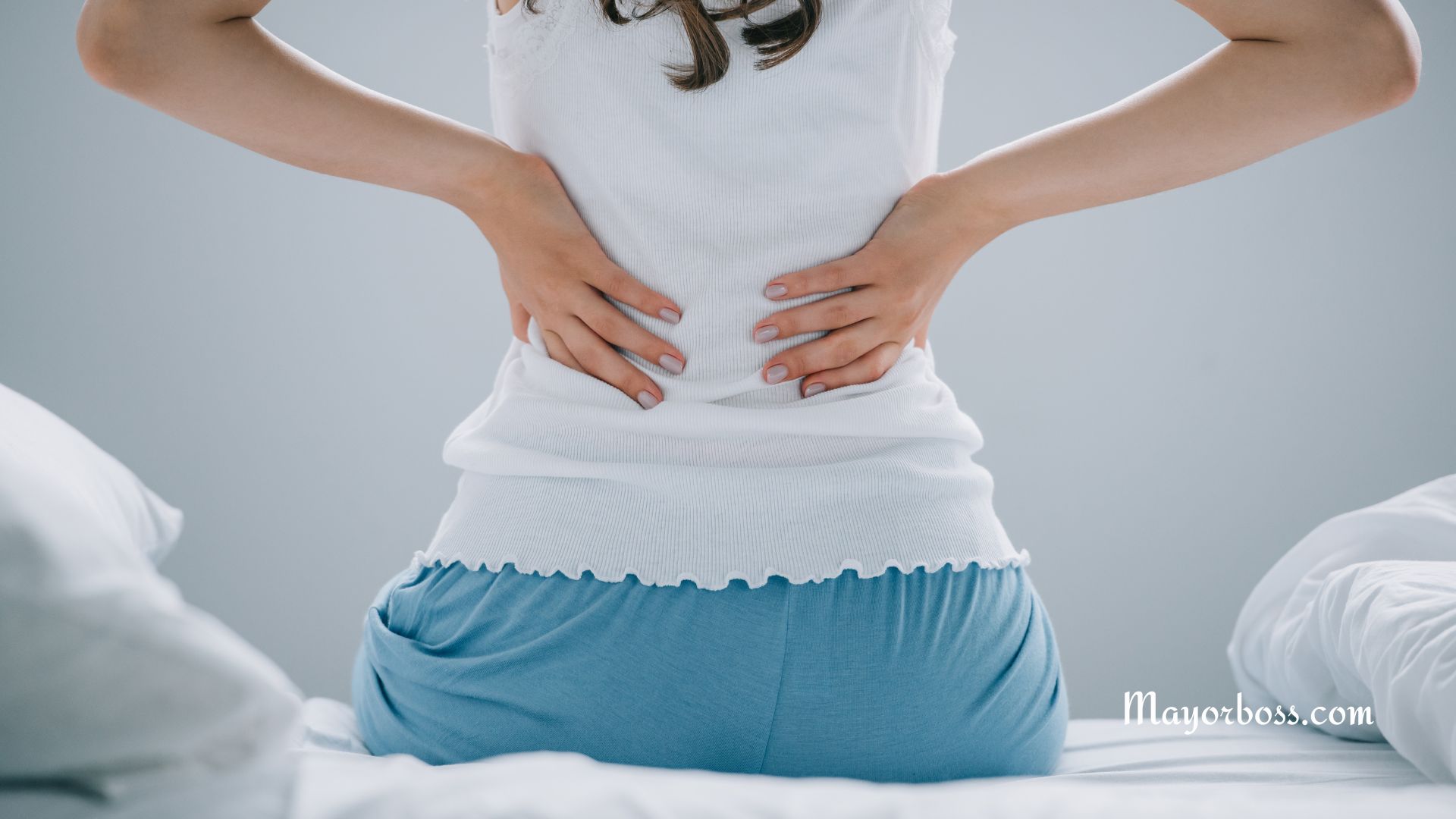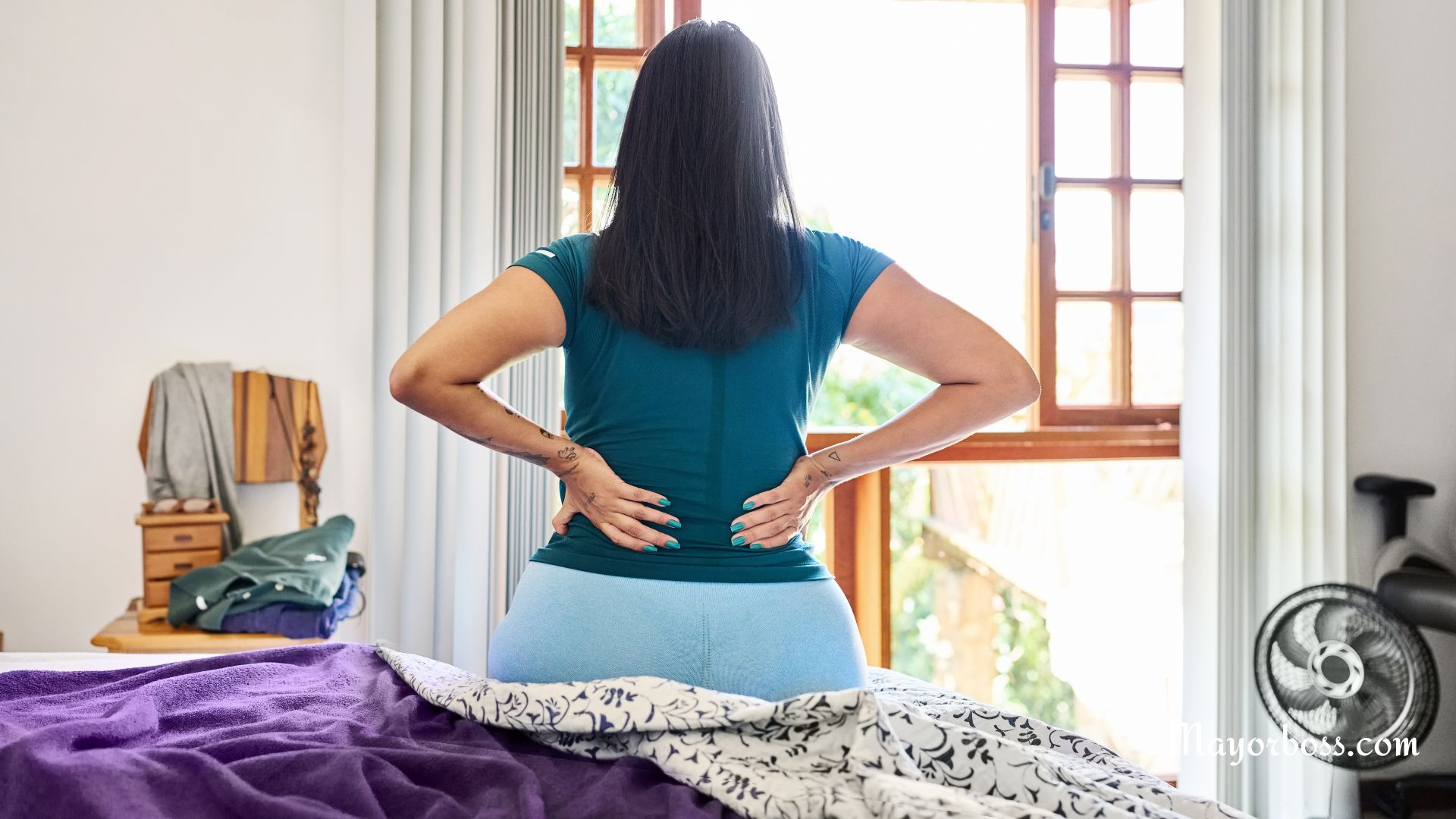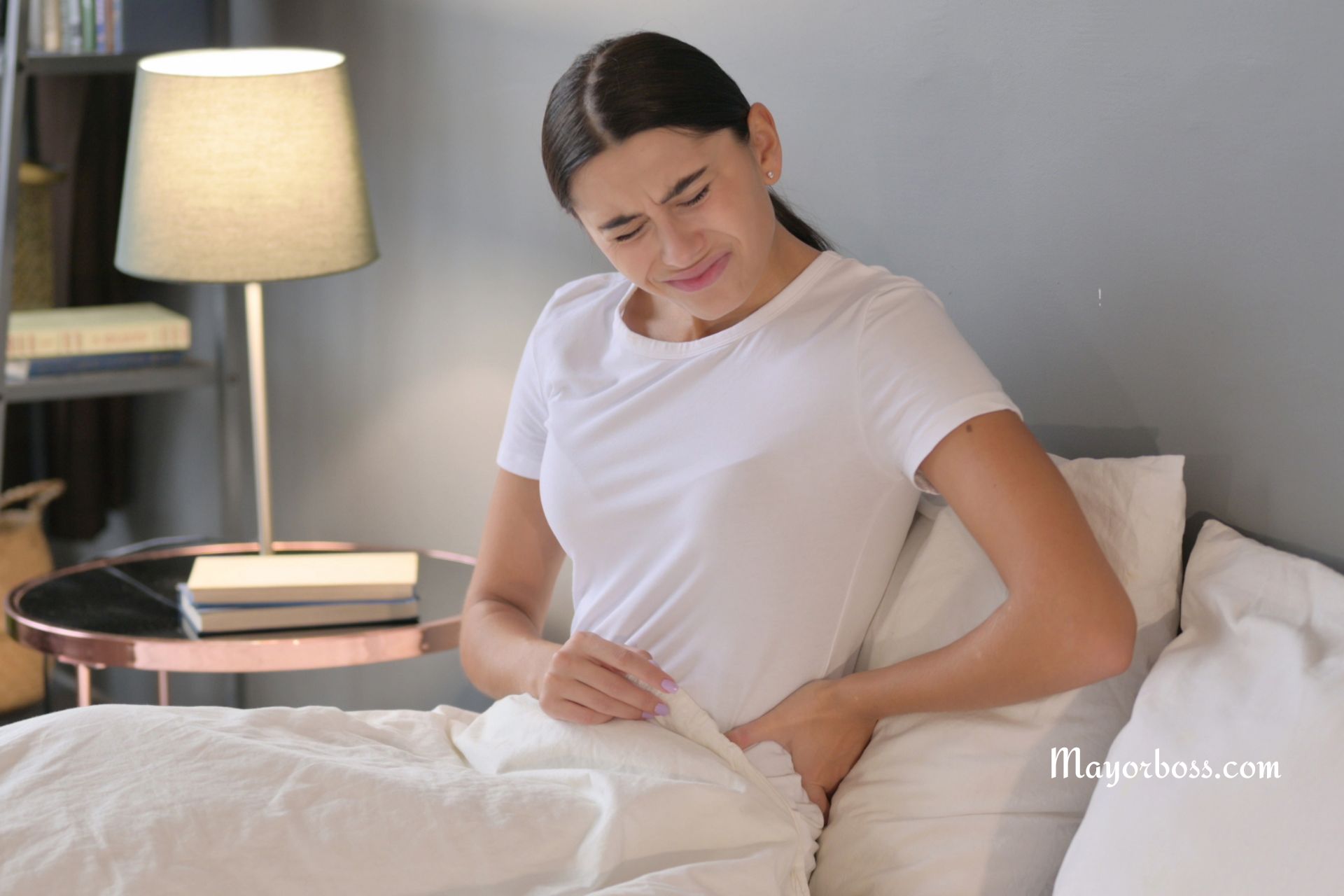Stomach and Back Pain at the Same Time: Here Are Possible Reasons
Stomach and back pain happening at the same time can be concerning. It may indicate a simple issue like muscle strain, but it could also signal a more serious condition, such as kidney stones or a gallbladder problem. The pain might be dull, sharp, constant, or come and go, depending on the underlying cause.
Finding the source of the pain helps in determining the right treatment.
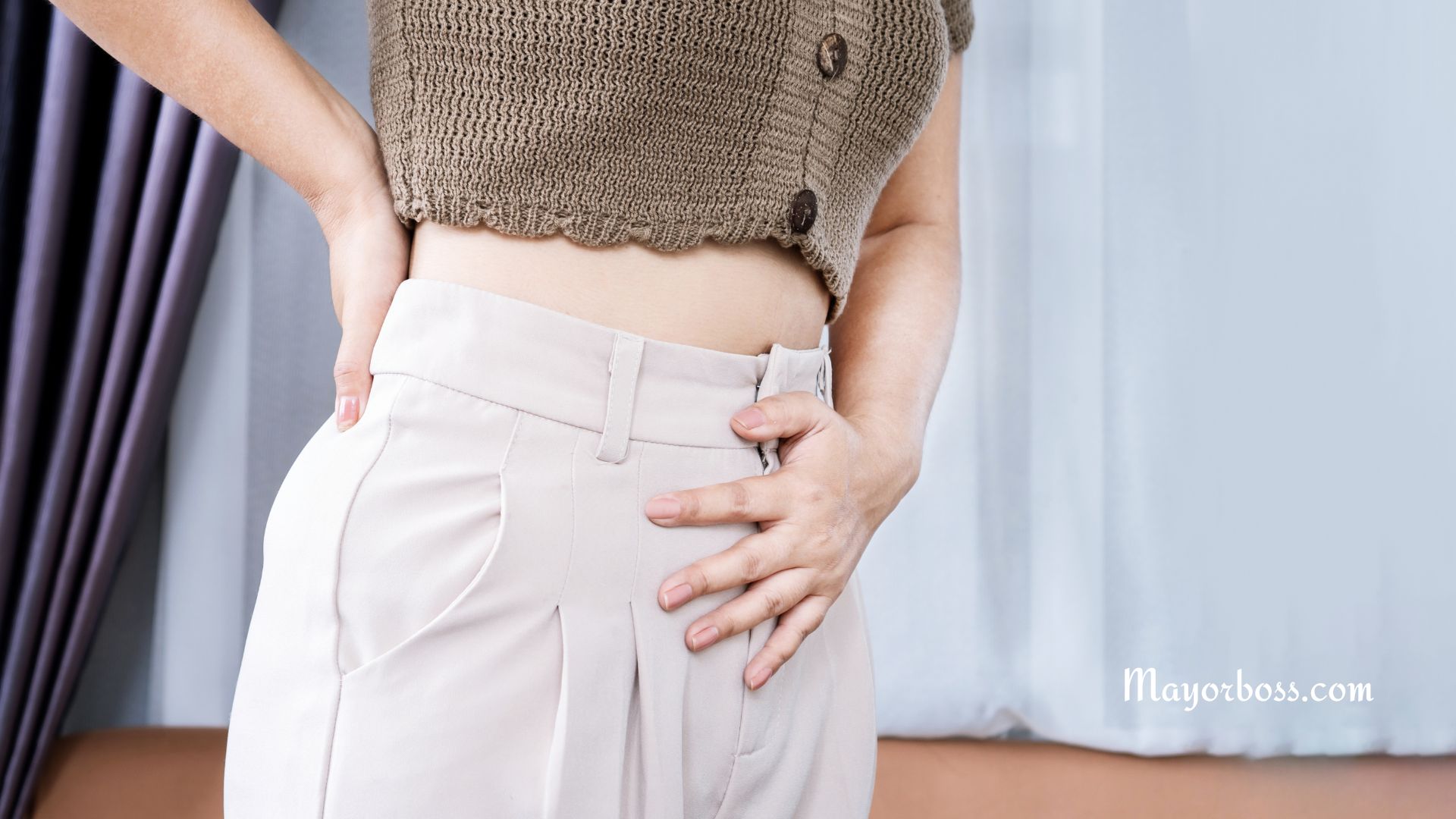
Causes of Stomach and Back Pain
1. Muscle Strain
If muscles in the back or stomach are suddenly stretched too far or used too forcefully, they can become strained. This can result from lifting something too heavy or engaging in activities that the body isn’t accustomed to. Resting the affected area, using cold packs, and taking common pain relievers can ease the discomfort, but a doctor should be seen if the pain doesn’t subside.
2. Kidney Stones
When hard deposits form in the kidneys, they can cause unbearable pain that starts in the back and spreads to the stomach. These stones might pass naturally with increased fluid intake, or medical procedures may be necessary for removal. Pain control is often a key part of managing this condition.
3. Dysmenorrhea
Dysmenorrhea refers to the pain associated with menstruation and is quite common among women. It’s not merely a pain in the lower abdomen but can also radiate to the back.
The pain can vary from dull and annoying to severe and debilitating. It often starts 1-2 days before menstruation and may last from 2 to 4 days. It tends to get less severe as a woman gets older or after childbirth.
Over-the-counter pain relievers, applying heat to the affected area, practicing relaxation techniques, or taking prescribed medications can help manage the symptoms.
4. Gastroenteritis
The inflammation of the stomach and intestines leads to stomach flu, causing stomach cramps and sometimes back pain. This usually requires rehydration and a bland diet. In more serious instances, medical care is needed to restore fluids and nutrients.
5. Ulcers
Sores that develop in the stomach or intestinal lining can cause a burning pain in the stomach that sometimes spreads to the back. Medications to lessen stomach acid and changes in diet often help in healing the ulcer.
6. Pregnancy
Pregnancy, especially in the later stages, puts pressure on the back and abdomen, potentially causing discomfort and pain. Regular prenatal care, exercise, proper posture, and a healthy diet can alleviate these symptoms. Pregnant women should consult their healthcare provider for individualized recommendations.
7. Pancreatitis
Pancreatitis is when the pancreas becomes inflamed, causing pain in the upper abdomen that often reaches the back. This might necessitate a hospital stay, including fasting to rest the pancreas, receiving fluids through an IV, and medications.
8. Gallstones
Hardened deposits in the gallbladder can obstruct the flow of bile and cause acute pain in the stomach and back. The treatment could be as simple as modifying the diet or as complex as surgery to remove the gallbladder.
9. Endometriosis
This condition in women occurs when tissue resembling the lining inside the uterus grows outside of it. This abnormal growth often leads to chronic pain in the stomach and back. It’s usually managed with pain medications, hormone treatments, or surgical interventions.
10. Urinary Tract Infection (UTI)
Infections in the urinary system can lead to discomfort in the stomach and back areas, along with a frequent urge to urinate. A course of antibiotics prescribed by a healthcare provider is the typical treatment.
11. Appendicitis
The inflammation of the appendix is known as appendicitis, and it may cause a sharp pain in the stomach that is also felt in the back. Immediate medical care is crucial, and removal of the appendix is generally required.
When to See a Doctor
Stomach and back pain at the same time may be distressing. While some causes are relatively minor and may resolve on their own, it’s wise to seek medical attention in the following situations:
- Persistent Pain: If the pain doesn’t improve or even worsens over a few days, it’s time to see a doctor.
- Severe Pain: Intense or sudden pain that’s hard to bear requires immediate medical attention, as it might indicate a serious underlying issue.
- Additional Symptoms: If the pain is accompanied by other symptoms like fever, nausea, vomiting, changes in bowel movements, or difficulty urinating, these might signal a more complex health problem.
- Pain during Pregnancy: Pregnant women experiencing unusual stomach or back pain should consult their healthcare provider promptly to ensure the health of both mother and baby.
- Previous Health Conditions: If you have existing health issues or a history of gastrointestinal or kidney problems, early medical intervention is advised.
Taking these symptoms seriously and seeking professional care.
Further Reading: What Organs Can Cause Lower Back Pain?


